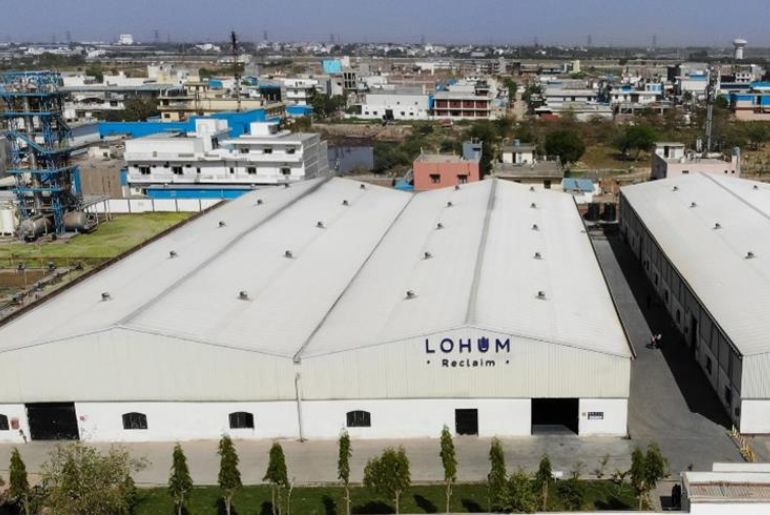In order to develop and produce next-generation ‘Manganese-rich’ LMFP Lithium-ion batteries over the next three years, Lohum plans to invest Rs 1,000 crore. As it stands now, the plan calls for bringing up a capacity greater than 20 GWh.
Chaitanya Sharma, a veteran of Tesla, has also been brought in by the business to work on the creation of next-generation manganese-based lithium-ion batteries.
An agreement to construct an integrated recycling and Cathode Active Material production facility in the state of Tamil Nadu was previously inked between the critical minerals recycling company and the Tamil Nadu government.
The next-generation LMFP – Lithium Manganese Iron Phosphate battery chemistry offers higher safety and gives EVs a longer range compared to conventional technologies. The batteries are also significantly cheaper. Some of the world’s largest EV manufacturers, including Tesla, BYD, and CATL, have bet large on LMFP.
Incidentally, India has one of the largest reserves of Manganese. This move helps de-risk the Lithium-ion battery supply chain in India from external shocks and therefore, has implications for the country’s energy security.
“Developing LMFP technology will enable LOHUM to accelerate the Energy Transition by making available higher energy densities, increased cost-effectiveness, higher safety, sustainability, and thermal adaptability of batteries to climate change. LMFP will play a pivotal role in supporting India’s EV market and is a key steppingstone to India’s Energy Independence,” said Rajat Verma, Founder and CEO of LOHUM.


